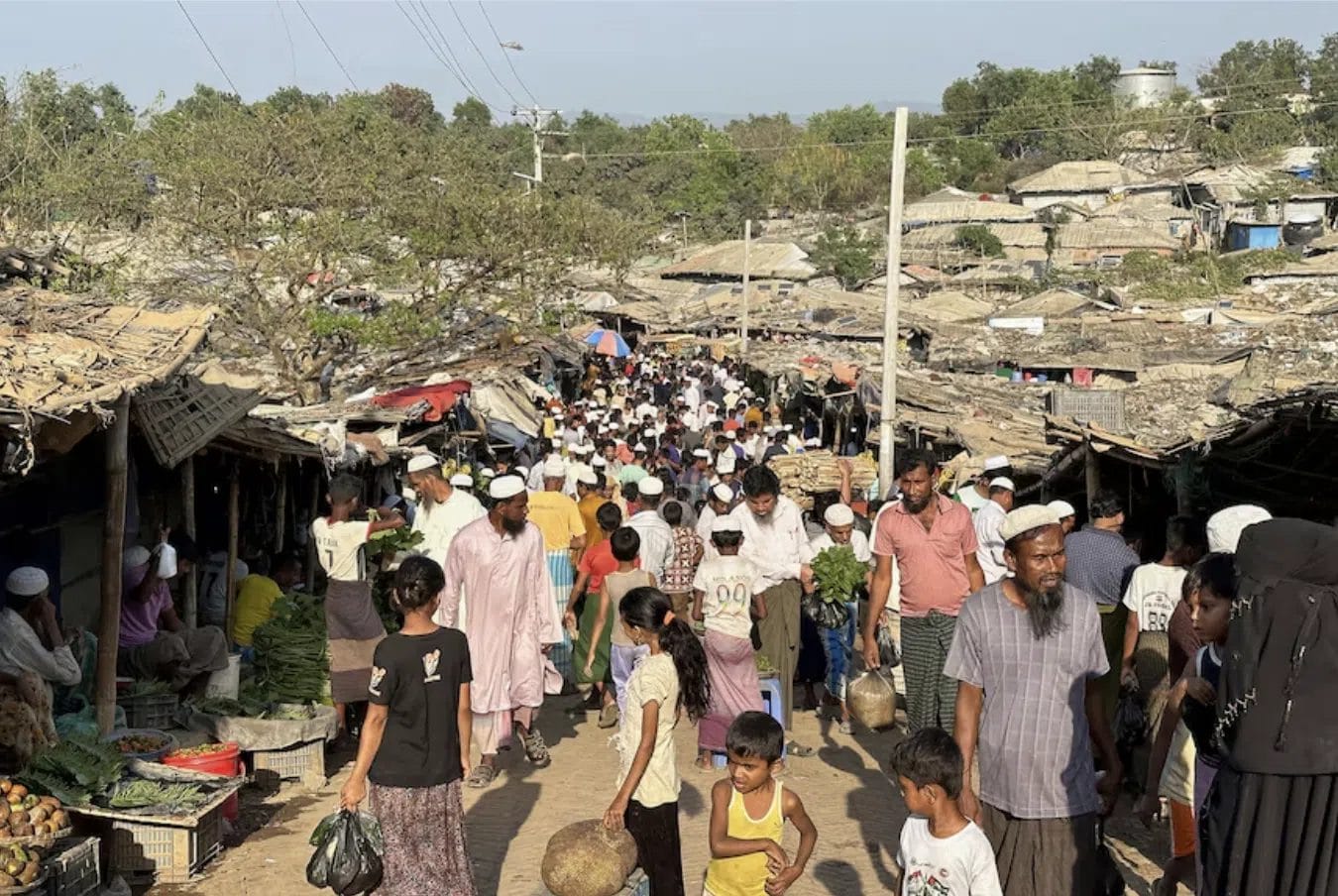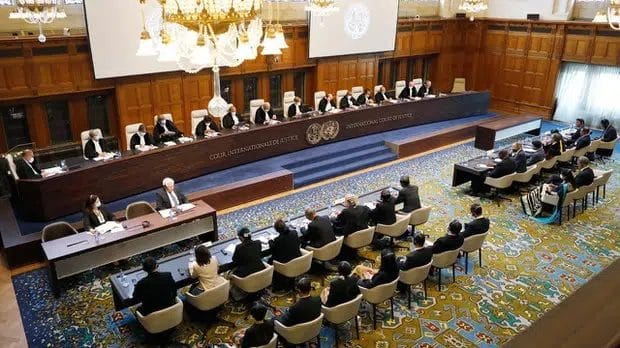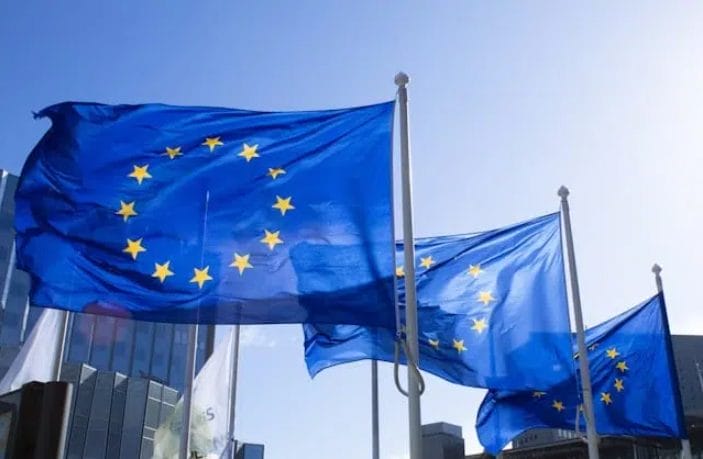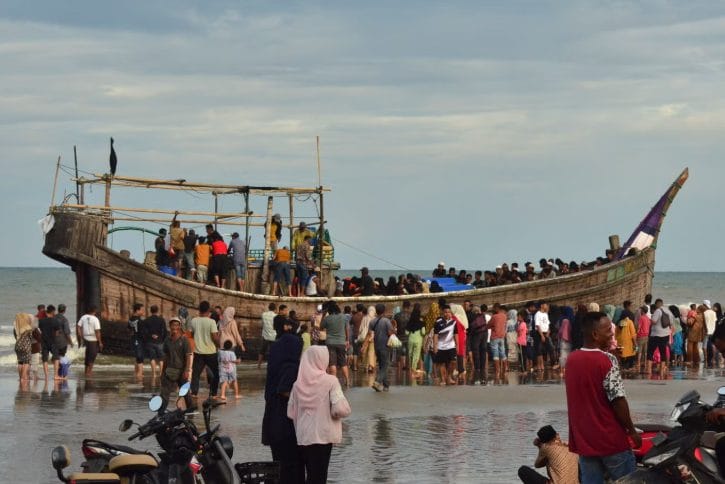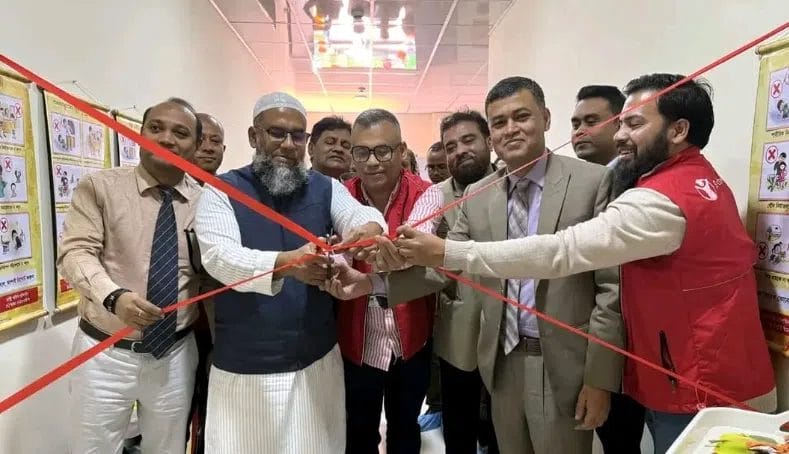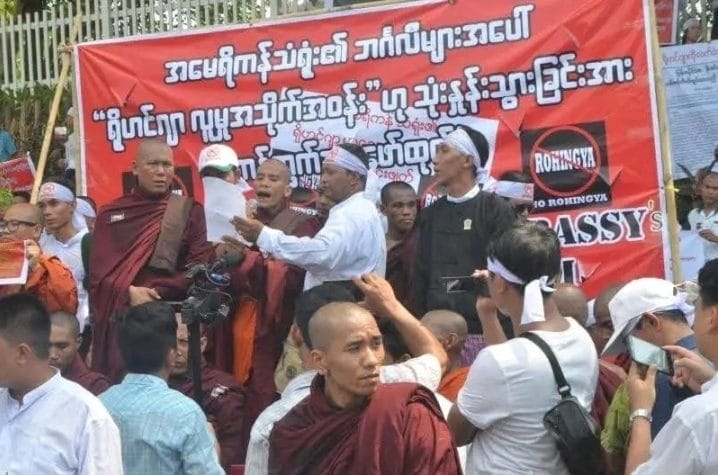Golam Zakaria
In its recent report, “Bangladesh/Myanmar: The Dangers of a Rohingya Insurgency,” the International Crisis Group (ICG) frames the plight of the Rohingya through the lens of potential militancy, warning of a rising insurgency and its spillover effects in Bangladesh. While conflict prevention is a noble aim, the report’s tone and underlying assumptions risk amplifying security hysteria and placing blame where it doesn’t belong on a stateless, oppressed population surviving under some of the most inhumane conditions of modern times. Worse still, such framing may embolden the Myanmar junta and its enablers to delay justice further.
What the ICG terms as a growing “insurgent threat” is, in fact, a tragic reaction to decades of systemic genocide, apartheid, and denial of rights. Any balanced analysis must start with the cause, not just the symptom. Instead of amplifying concerns of militancy without sufficient contextual grounding, we must interrogate the structural violence that produces desperation in the first place.
The most glaring failure of the report is its near-total silence on the Arakan Army’s (AA) ongoing atrocities. Since early 2023, the AA has emerged as the de facto ruler in parts of Rakhine and has unleashed widespread violence against the Rohingya indiscriminate shelling, drone attacks, forced displacement, and the depopulation of entire villages. Over 100,000 Rohingya have fled AA-controlled zones, with many of their lands being handed over to Rakhine settlers in a clear act of demographic engineering. Yet the report underplays these actions, instead choosing to highlight the Rohingya themselves as a potential destabilizing force.
This framing dangerously echoes long-standing propaganda used by the Myanmar military and Rakhine nationalists: blaming the victims, not the perpetrators. By focusing on groups like the Arakan Rohingya Salvation Army (ARSA), while glossing over the systemic and ongoing violence committed by the Tatmadaw and AA, the ICG inadvertently legitimizes the narrative of those responsible for displacing, starving, and killing the Rohingya.
Moreover, the organization fails to adequately distinguish between isolated criminality, forced gang recruitment, and politically coherent insurgency. Even the term “insurgency” is used without nuance equating survivalist violence in a refugee camp with transnational jihadist movements is both irresponsible and geopolitically dangerous. Is it any wonder that some disillusioned youth denied education, citizenship, and the right to return might be radicalized?
While the ICG raises concerns about rising tensions between Rohingya refugees and host communities in Cox’s Bazar, it misplaces the source of the problem. Yes, the burden on local Bangladeshis is significant economic disruptions, resource competition, and social strain are undeniable. But rather than holding the international community and Myanmar accountable for failing to resolve the crisis, the report dangerously implies that ongoing humanitarian assistance to the Rohingya may be part of the problem.
This logic risks reinforcing xenophobic sentiment and undermines the incredible patience shown by Bangladeshi citizens and authorities over the past seven years. Bangladesh, a developing country with limited resources, has hosted nearly a million Rohingya largely on its own. Suggesting that Bangladesh is now at risk of becoming a hotbed of extremism is not only grossly unfair it distorts the truth.
The ICG also understates the efforts of the Bangladesh government and law enforcement agencies, who have worked to crack down on camp violence while preserving humanitarian access. Yes, challenges exist in the camps including crime, trafficking, and radicalization risks but these are symptoms of prolonged statelessness and neglect, not evidence of insurgency.
Perhaps most troubling is the report’s silence on the role of regional and global actors. The Myanmar military junta has consistently used the “terrorist” label to delegitimize Rohingya existence. By echoing this language without full context, the ICG risks becoming complicit in that narrative. Recent accounts also suggest that the junta is covertly enabling groups like the Arakan Army to isolate and dispossess the Rohingya in Rakhine. These dynamics of strategic alliances, regional indifference, and diplomatic failure are barely acknowledged.
India, China, and Russia continue to shield Myanmar diplomatically. ASEAN’s “five-point consensus” has collapsed in practice. Western governments have not matched rhetoric with resources. None of this appears prominently in the ICG’s analysis, which remains focused on the imagined threat of the Rohingya rather than the very real violence inflicted upon them.
The practical danger of this narrative lies in its impact. Framing the Rohingya as a security risk feeds into policies of containment and exclusion such as fencing refugee camps, restricting freedom of movement, and relocating people to Bhasan Char island under coercive circumstances. It emboldens repressive solutions: tighter surveillance, securitized aid distribution, and shrinking civic space. These measures do not solve the crisis they deepen it.
If the concern is preventing radicalization, then the solution is not more securitization. It is restoring dignity. That means:
A rights-based repatriation framework that guarantees citizenship, security, and reparations not hollow “pilot projects” pushed by Myanmar with China’s mediation.
International accountability, including prosecutions at the International Criminal Court and International Court of Justice.
Sustainable aid to both the Rohingya and host communities in Bangladesh, recognizing that marginalization fuels tension, not mere presence.
The recognition of Rohingya agency, culture, and voice. Too many “solutions” are designed for the Rohingya, not with them.
Reports like ICG’s are read by policymakers in Washington, New Delhi, Brussels, and Dhaka. They shape the world’s response. But when such reports prioritize speculative threats over structural violence, they risk becoming part of the problem. The world must not allow fear to substitute justice.
Rohingya children born in Bangladesh are growing up in cages without legal status, without formal education, without hope. If we label them as “potential insurgents” rather than survivors of a slow genocide, we are betraying both them and the values of international law.
(Golam Zakaria is a journalist and columnist based in Bangladesh. He writes on South Asian politics, human rights, and international justice).

